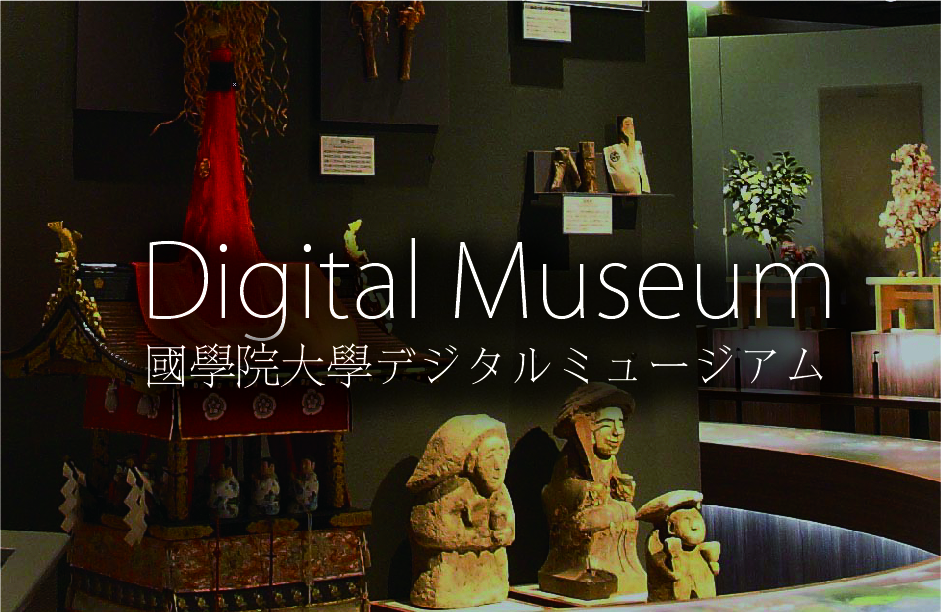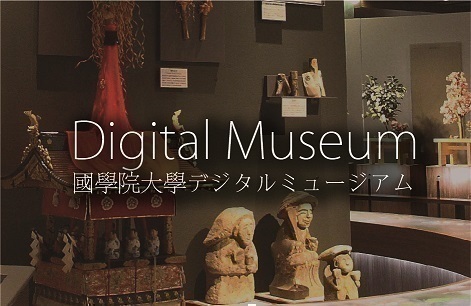- トップ
- Encyclopedia of Shinto
- Hatsuuma
Encyclopedia of Shinto
| Main Menu: | |
| Links: |
詳細表示 (Complete Article)
| カテゴリー1: | 5. Rites and Festivals |
|---|---|
| カテゴリー2: | Rituals in Daily Life |
| Title | Hatsuuma |
| Text | "First Horse Day Festival." This term refers to an event that is held in February on the first day of the horse. The custom of worshipping Inari (the harvest deity) is found all over Japan, and hatsuuma festivals are held at shrines throughout the country including Fushimi Inari Taisha in Kyōto and Toyokawa Inari in Aichi Prefecture. The event celebrated on the second day of the horse in February is called ni no uma ("second horse"). This festival is held in conjunction with hatsuuma. There are many places where groups called Inari-kō (Inari confraternities) make offerings of fried bean curd (abura age) and similar items before small shrines (hokora) to Inari and share food and drink. The origin of treating the first day of the horse in February as the ennichi (special festival day) for Inari is said to be a legend that the deity (saijin) enshrined at Fushimi Inari Taisha descended from Mount Inari in 711 on the eleventh (alternatively, ninth) day of the second month, the first day of the horse, but whether that is genuine or spurious is undetermined. Apart from serving as an ennichi for Inari, on this day one also sees events around the country related to horses, such as taking decorated horses to a shrine or to a horse-headed Kannon (batō kannon) for worship, or placing rice cakes (mochi) on the backs of straw horses and offering them to the tutelary deity of travelers (dōsojin). In places where sericulture is widespread, people also make mayudama (festive bamboo twigs hung with cocoon shaped cakes) and rice cakes and offer them to the silkworm deity (oshirasama, kokagesama). The legend that the tutelary deity of the rice paddy (ta no kami) descended from a mountain on hatsuuma can be found all over the country. The present form of this event is believed to derive from the linking of events held at the beginning of the agricultural year for requesting a good harvest with Inari belief (Inari shinkō) and the aspects thereof related to the agriculture deity. — Iwai Hiroshi |





